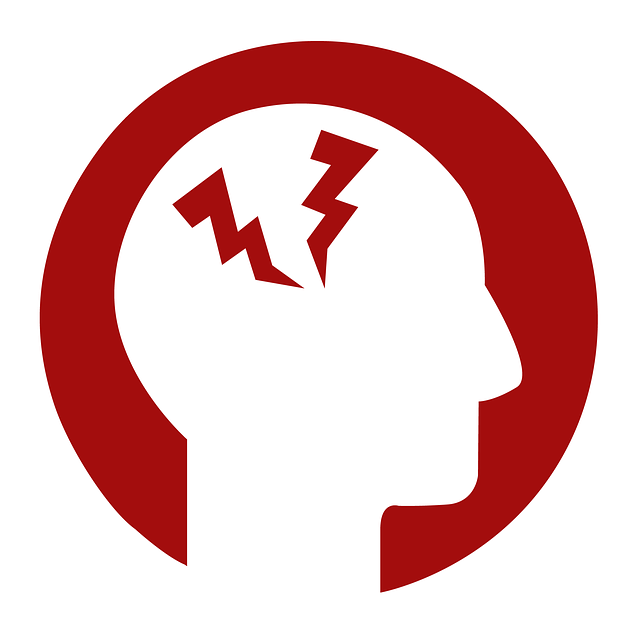In the past week, I completed a large project with a local primary school - to train their P5s for the upcoming Science Olympiad. It took 4 days of 4 hours each and I felt it to be a little too intense for them. I realised that many of the participants didn't have enough prior knowledge to complete a large percentage of the test questions so I had to bring them up to speed in as little time as possible. 4 years' worth of Science education in 4 days of 4 hours? Well, we tried.
A glaring oversight was that the Primary students of today are getting less and less able to remain attentive for long periods of time. It was immensely difficult for them to sit still for the time of each session, let alone focus long enough to absorb the information.
Gratifyingly, though, I noticed that there were a few who could.
Perhaps all is not yet lost to touchscreens and other devices for instant gratification, including those incredibly annoying 'fidget spinners'.
If you're thinking of getting one such 'spinner' for your child or someone else's child, please don't. They really don't need another distraction. Instead, they need to learn to focus on their tasks at hand.
Focusing is difficult even for adults, what with the myriad distractions around us. As such, I've found it very useful to do a few things to help me focus:
1) Have a dedicated work space and work routine
This means setting a specific part of your desk to do work at. Use that space for nothing else but work. When you want to take a break, move out of that space so you don't end up mixing its use. It sounds like a lot of bother but, being creatures of habit, it will really help once you get this going.
If you're the nomadic type, like me, then you need to set up a strong work routine, since your work space will keep changing. Still, try to keep one such space at home, if possible.
For your routine, once you fire up the laptop, you immediately open a document file (or PowerPoint or Excel file, whatever you're working on) before you start trying to connect to the Wi-Fi, which will likely lead you to waste time doing endless searches on Google or some other site.
If you prefer to write, start writing the date once you crack open your notebook / organiser.
2) Record EVERYTHING down
I create a 7 Day Plan for myself, in Excel format, in which I have the things I need to do each day already typed out. It doubles as my secondary calendar of events, because I can occasionally lose track of things.
I also keep a notepad-type app on the home screen of my mobile phone. On it, there is a To-do List that I check at certain intervals every day. Any time I think of something that needs doing, in it goes. Every time something gets done, it gets ticked off (and removed).
By having all these things down and ready for the days ahead, I don't have to waste space in my mind on remembering where I need to be tomorrow or what I need to get done later.
3) Announce your focused time slots
Let people around you know not to bother you at specified time slots. These will be the periods during which you do what you have to do.
This may be difficult in an office environment or if you work from home but try anyway. Once others know you have a routine set up, they will learn to respect your time and you will find fewer distractions.
You may even find your co-workers or family reminding you that you need to get work done when your time slot nears.




